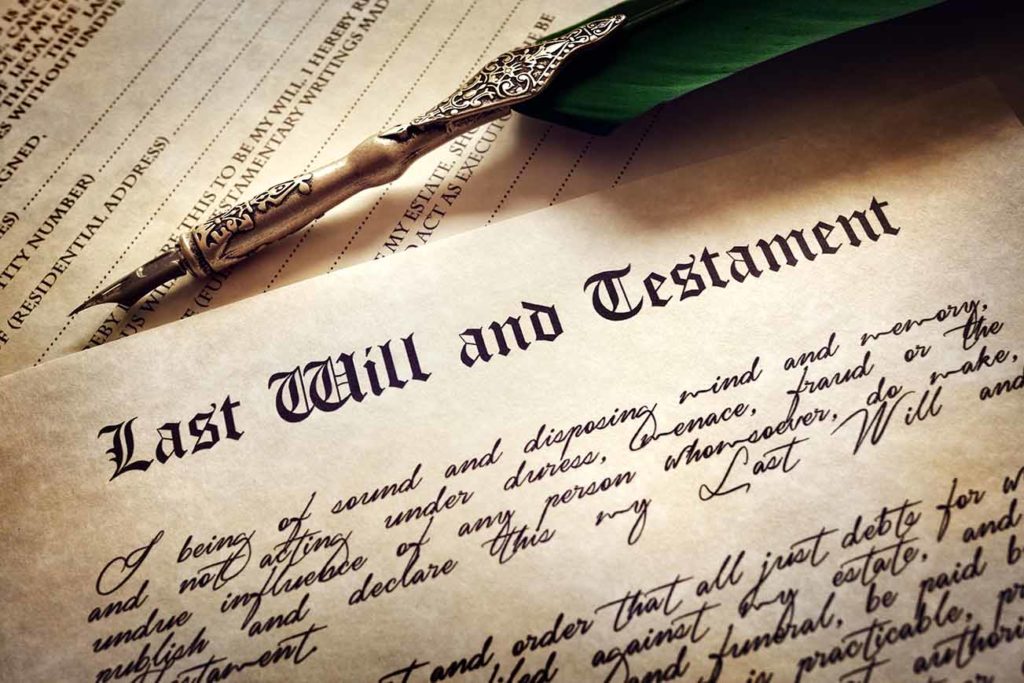Am I In The Will
Let’s face it, at some point, at the time or near the time of a family member’s death, you, a sibling, or a family member wants to know the answer to the question, “Am I in the will?”

This is not a post about whether we should ever think about financial issues at a time of death. It’s a post about how you or a family member can get the answer to the question, “Am I in the will?” And if you’re administering a will, do you have to answer to someone who asks you that question.
What Is A Will?
A Will, often called a Last Will and Testament, specifies what someone wants to happen with their property upon their death. The will-maker is called a testator It identifies who gets what, when, and how. For example, a child might immediately get the deceased’s car. But a grandchild might get a $100,000 for college, and if the grandchild does not go to college, the money may pass someone else. The will names an executor, the person that guides and manages the estate through the probate process.
Who Gets A Copy of the Will?
If the deceased has an estate attorney, the attorney contacts and informs the people entitled to receive a copy of the will. He will send copies to those that need to receive a copy based on State law requirements.
Can I Get A Copy of the Will?
In most cases, the only person required to receive a copy of the will is the executor or personal representative of the estate. those entitled to receive a copy of the will are the executor, the beneficiaries, and guardians named in the will. The only person required to receive a copy of the will is the executor or personal representative of the estate.
Before Death
Prior to the testator dying, there is no requirement that they show anyone the will or tell anyone who is in or out of their will. Even if the testator agreed to show you their will, a competent testator can revoke or change the will at any time.
After Death
After death, the estate attorney or executor will admit the will for probate. The probate process is public so documents submitted during the process are almost always available to the public. This means that if you can determine where the probate occurred, you can request a copy of the will. Usually, probate occurs in the county where the testator was living toward the end of their life.
If the deceased uses a trust versus a will, there will be different rules that will determine who needs to receive a copy of the trust.
See our Sections on Wills and Trusts here.